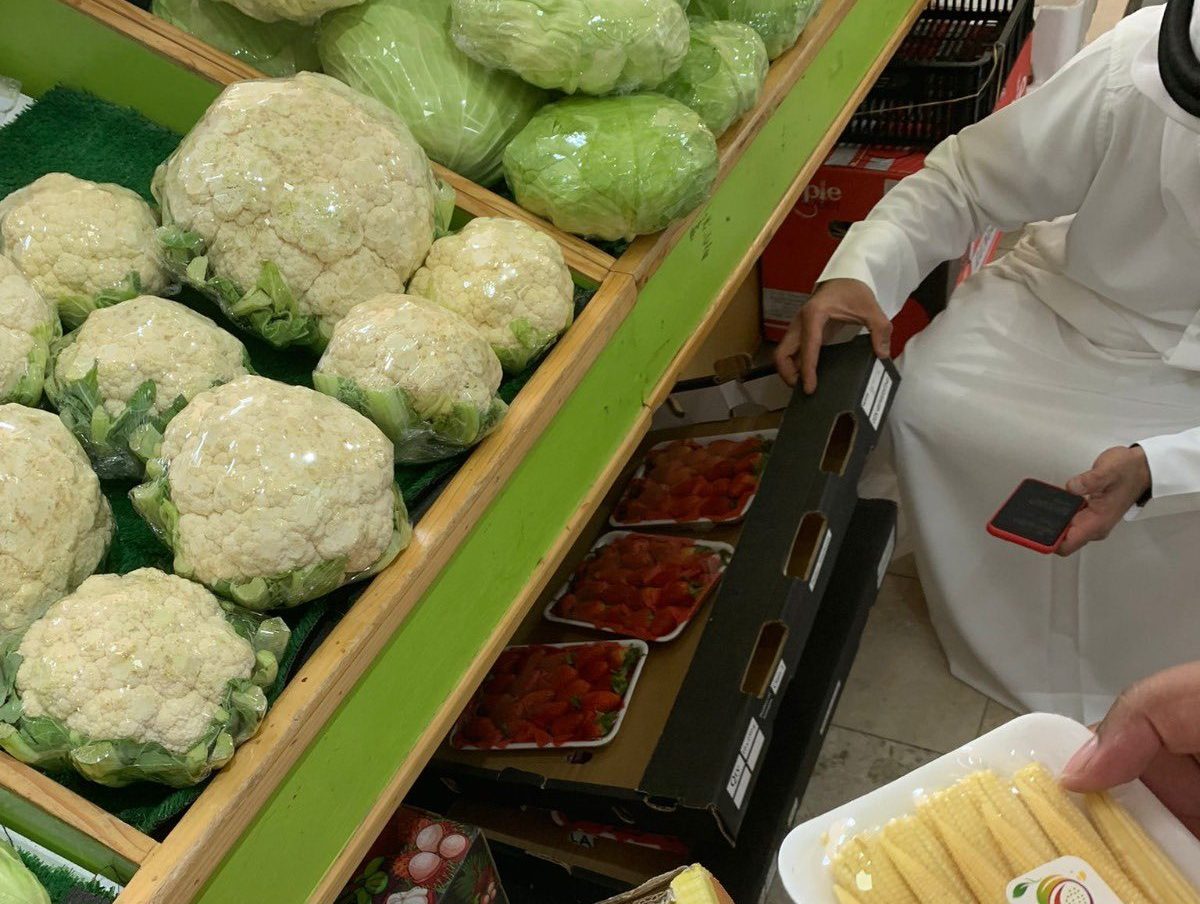Self-sufficiency needs to be achieved before local farms start exporting their produce, the director of the agricultural affairs stated.
In a new effort to ensure the country’s food security goals are achieved, Qatari farms are expected to increase vegetable production by 2-3% following huge demand from the public.
In 2021, the total volume of vegetable production in the Gulf nation reached 102,000 tonnes, Youssef Khaled Al-Khulaifi, director of the Agricultural Affairs Department at the Ministry of Municipality, told local Arabic daily Arrayah.
This year, authorities are working towards ensuring the number increases by implementing a number of projects to encourage and support local farmers.
According to the official, the department is launching a plethora of agricultural initiatives and providing services and support across different local farms in Qatar.
In the meantime, farmers are encouraged to adopt modern methods and systems for farming, including greenhouses and hydroponics. Additionally, the preservation of natural resources and water should be a top priority to ensure sustainability, Al-Khulaifi added.
The ministry is further providing technical support to farmers through implementing advanced marketing strategies and modern production methods to increase productivity, whilst also reducing the costs of vegetable cultivation.
“The agricultural census project, which is being implemented in cooperation with Qatar University, helps evaluate agricultural decisions, strategies and production expectations during upcoming events in Qatar whilst allowing appropriate decisions to be taken,” Al-Khulaifi said.
Hassad Food to meet local market needs for grains, oilseeds and wheat
The official highlighted that the agricultural calendar is one of the most essential factors in ensuring the growth of crops in the country. The calendar helps in marking the life cycle of different crops and their cultural management practices, as well as the most effective and profitable crops, amongst other benefits.
For this reason, the department is urging farm owners to work with the calendar to achieve the desired goal.
Exportation, however, has to wait until a significant growth in vegetable production is witnessed locally in the country first, to reach self-sufficiency.
“The department is keen to support farms with regular and cooled greenhouses in order to achieve the main goal of raising self-sufficiency rates of vegetables by encouraging farmers to use the best modern agricultural methods (protected agriculture),” Al-Khulaifi stated.
In the last five years, the ministry has distributed 5,777 greenhouses (normal, cooled, and hydroponic) to farm owners to support production.
“The department is looking to continue distributing greenhouses during the next phase to farm owners and support the distribution of modern irrigation systems in order to form an integrated system for the greenhouse, which leads to increased production and reduced waste in water use. These result in increasing the index of self-sufficiency in vegetables and maintaining water security at the same time,” he added.







